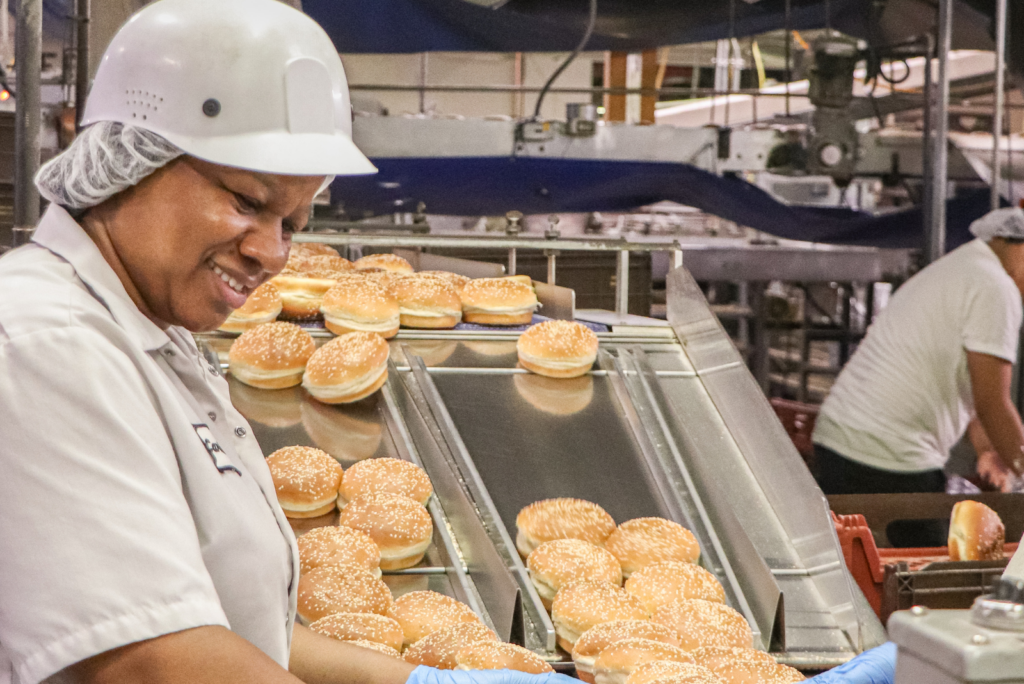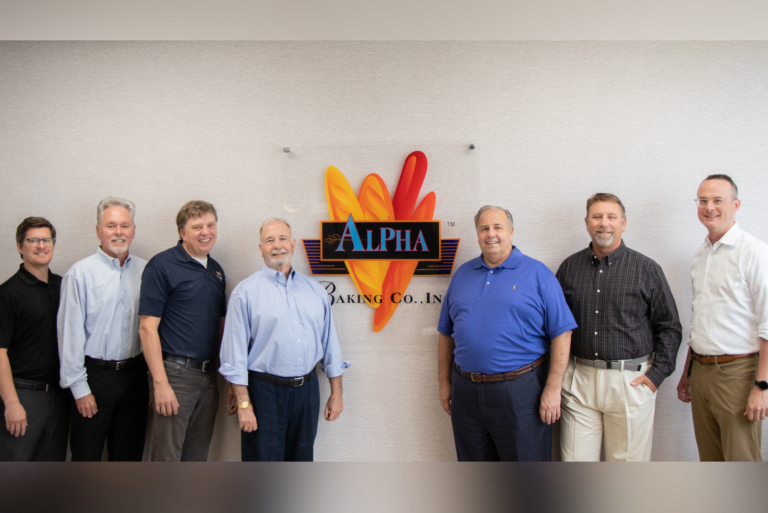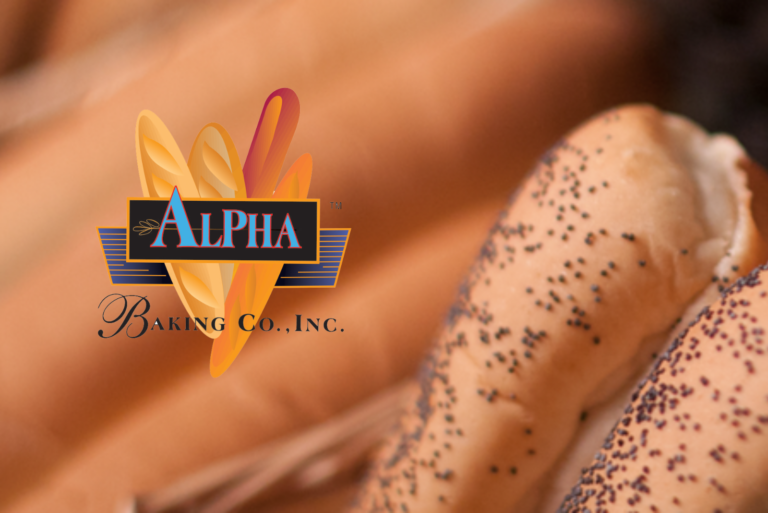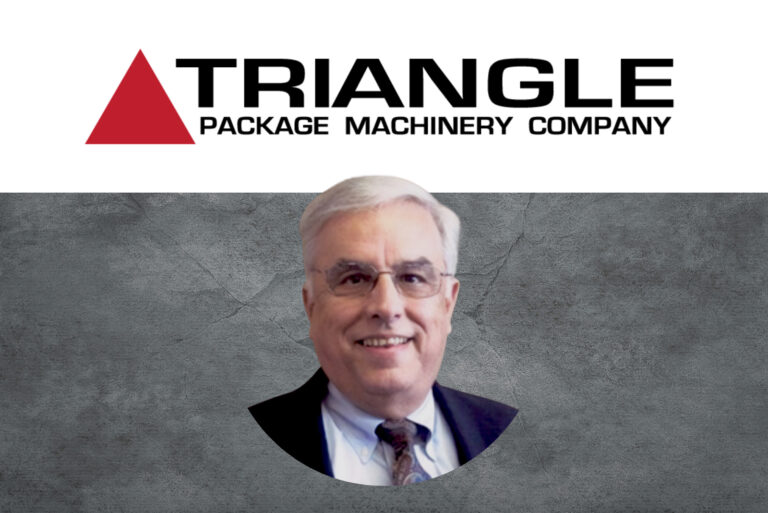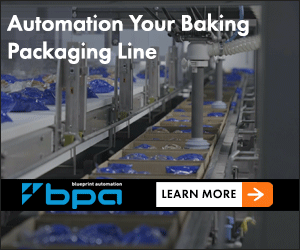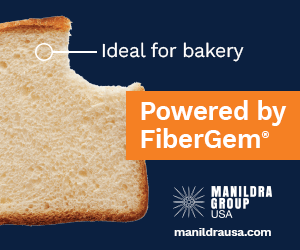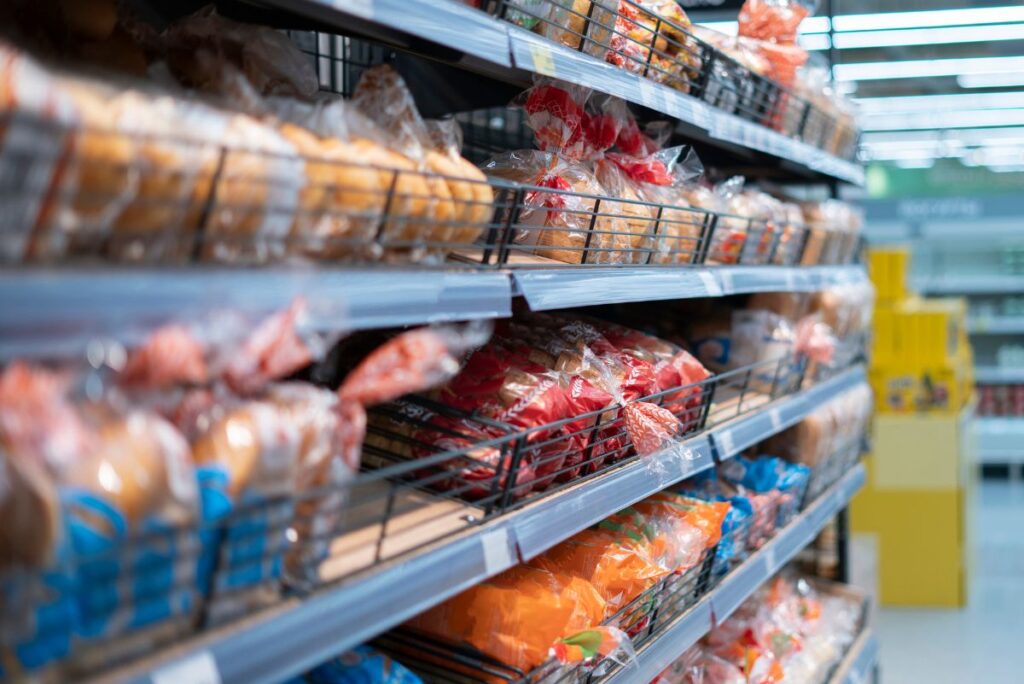CHICAGO — Since the early 2000s, Alpha Baking Co. has made significant investments in alternative fuels and electric vehicles, setting the pace for sustainability in the industry. It started with an experiment around how to run trucks on vegetable oil waste, with findings presented at the American Society of Baking’s BakingTECH conference. Although the concept didn’t take off, it sparked brainstorming on what’s possible, leading to dialogue between baking and trucking industry leaders.
“We invested a lot of time, money and effort,” said Bob McGuire, VP and director of logistics. “And it wasn’t about the ROI; it was about finding a solution that could take hold. We learned to ask the smart questions and think about other alternative energies.”
In 2013, Alpha was the first baking company to deploy an all-propane classified fleet, followed by an all-electric step van, and they’re still running today.
Through his work with the Alpha fleets and his leadership with the American Bakers Association’s logistics committee, McGuire has positioned the bakery at the forefront of sustainability and alternative energy strategies.

